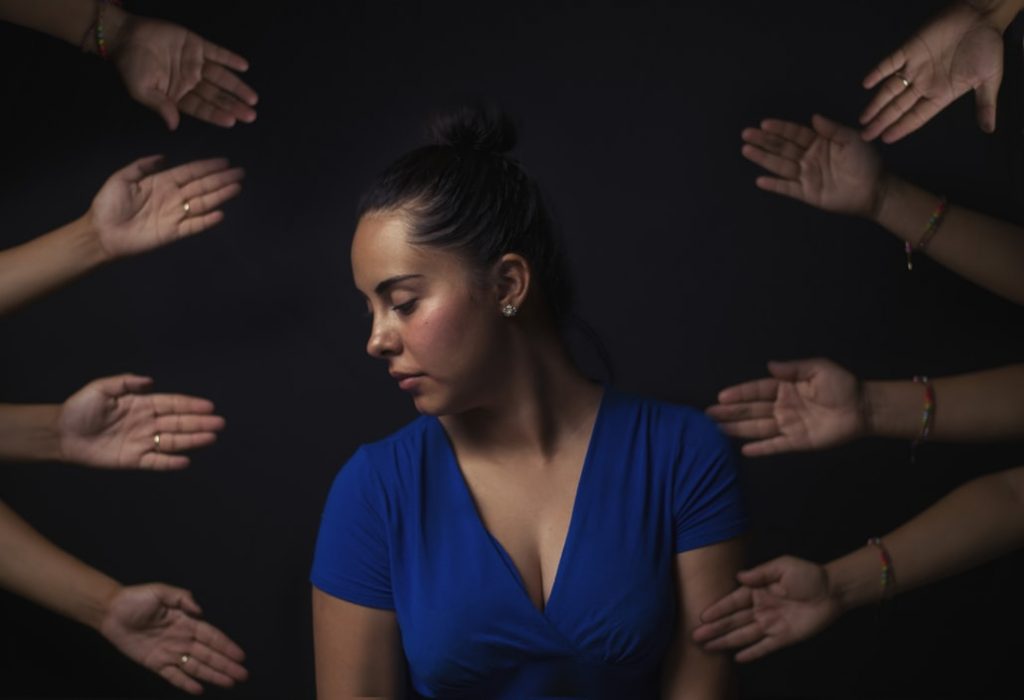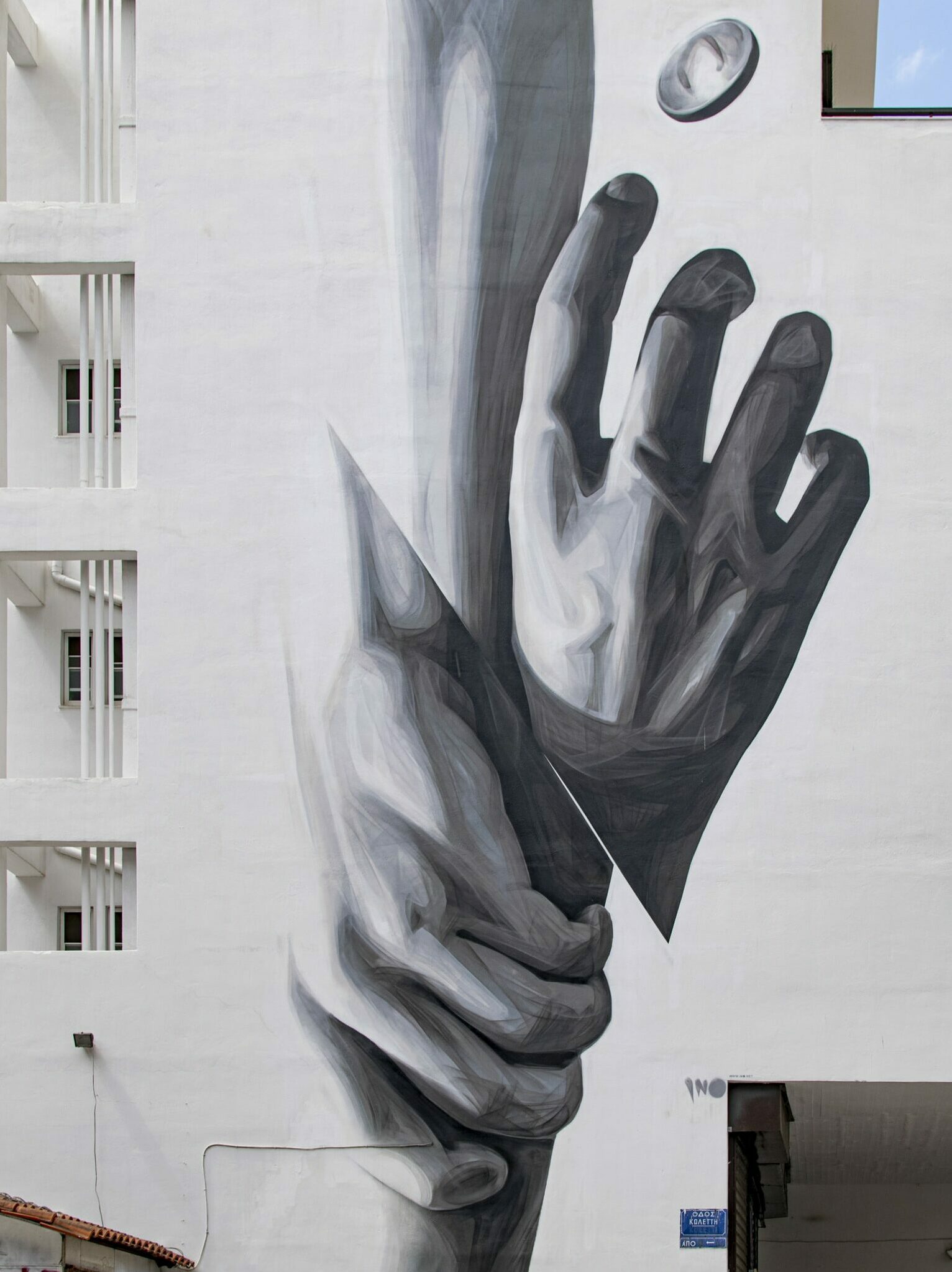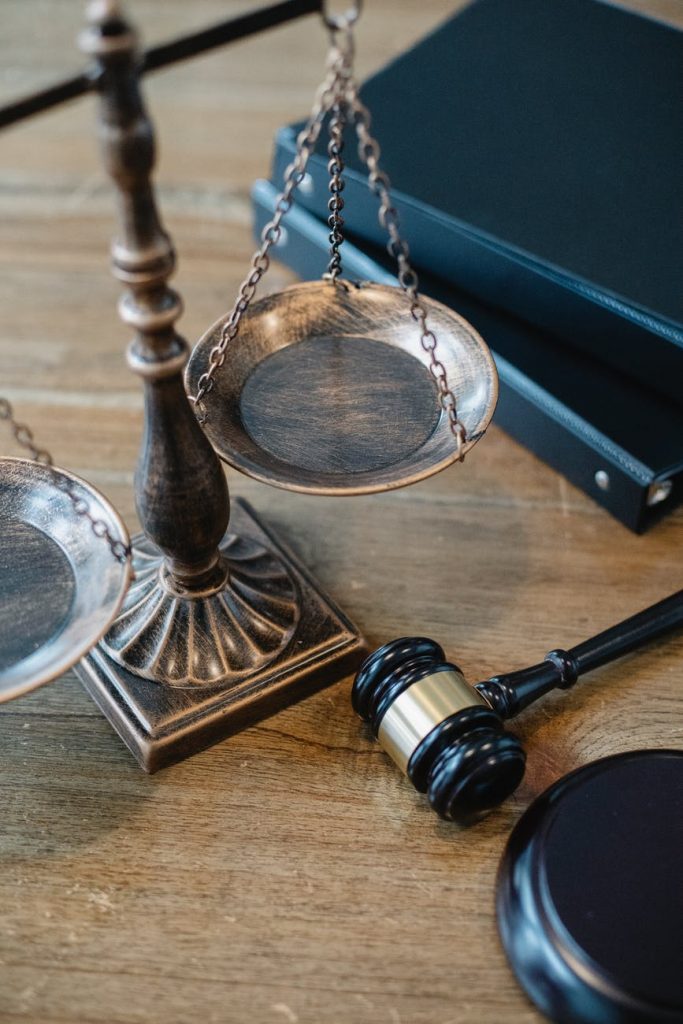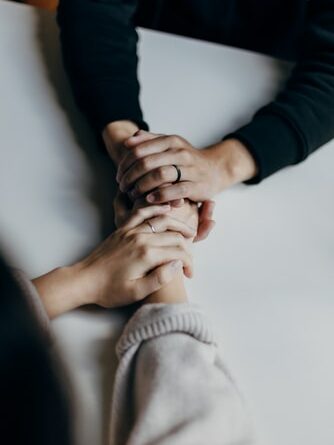
Regardless of whether child, woman or man – everyone is entitled to full protection of their own rights. Regardless of gender, race and origin – no crime victim should have to deal with the impact of such violence on their own. Every human being has the right to information, help and support. The statutory regulations of the EU and/or individual states draw the boundaries between legality and criminality with regards to the protection of victims. Various support and care facilities are the ones paying attention to what is going on and support those affected. These institutions provide the urgent help needed in areas in which the government fails to. They aid and support those affected by being by their side throughout the entire way.
VICTIM PROTECTION IN AUSTRIA

The term victim refers to a person harmed whose rights have been violated. The violation of rights is divided into three areas. Physical violence includes, among other things, physical injuries, dangerous threats and the violation of sexual integrity or self-determination. Moral violations can be, for example, insults or copyright infringements. The third area are violations of people´s property rights such as theft or damage of property.
In Austria, many legal violations are regulated under civil law according to the General Civil Code. There is also the Crime Victims Act, which is an important legal guideline for the protection of victims. Regarding the protection of human trafficking victims, the Crime Victims Act comes into play. This law contains the legal claims of crime victims. The prerequisite for entitlement to claim is an EU or European Economic Area citizenship and that the offense was not brought about by the victim her- or himself. The Crime Victims Act is used for intentional crimes in which the health of another is harmed and is punishable by at least six months of imprisonment. Nonetheless, every injured person has the right to assistance and support, be it legal or psychosocial advice.
IN THE THICKET OF LAWS

National and international institutions are working towards strengthening crime victim’s protection and support through laws. As an international entity, the EU ensures the support and help of crime victims by establishing transnational policies which make certain that victims of crime receive support in EU member states. The most important of these policies is the victim protection guideline. This directive ensures that every victim is granted the right to information, support and protection. The guideline also defines a respectful, non-discriminatory behaviour towards the victims. It also ensures that crime victims have access to victim support and multiple procedural rights.
For victims of terrorism or human trafficking, as well as children who have been sexually exploited, additional and specific EU legislation has been enacted to protect and support them. The top priority of this legislation is ensuring support, care and protection of these victims (as with all other crime victims). The directive on preventing and combating human trafficking and protecting its victims is an additional safety shield for those affected. This additional guideline should guarantee that the victims can escape the influence of the traffickers and ensure adequate recovery from the traumatic experiences with the appropriate care and protection resources. Furthermore, the EU is currently planning to develop a new strategy to protect victims and strengthen victims‘ rights, which should be presented some time in the next few years.
VICTIM SUPPORT

Every crime victim has the right to appropriate support and assistance. No one affected should ever be left to fend for themselves. There are different counselling centres that specialise in various services for victim support. Legal advice can be obtained free of charge from legal advice centres. Contact points for psychosocial counselling include child protection centres, women’s and men’s counselling centres. There are also intervention centres and general victim protection facilities that offer victims protection and support. Crime victims can also contact the victim emergency number 0800 112 112 at any time. This is run by the WEISSER RING, an organisation for crime victims, on behalf of the Ministry of Justice. Because every victim has the right to be heard and to receive support and protection.
